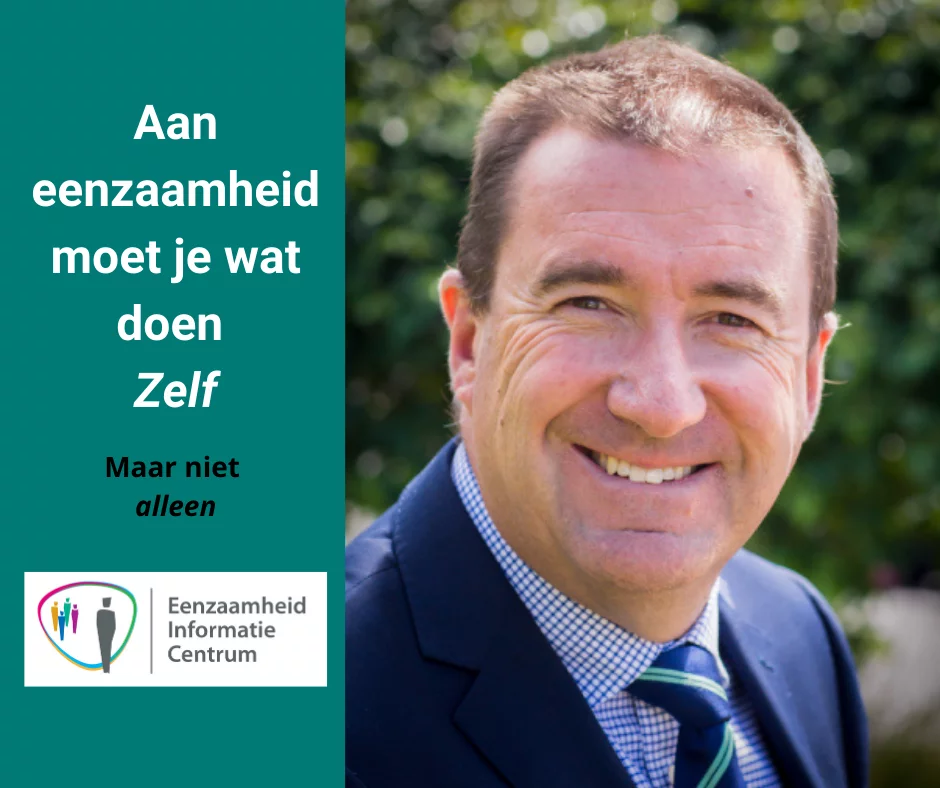Original text in English by David Baker – on loneliness.

David Baker on loneliness
Now Principal Policy Adviser at Orygen and a founding member of the policy team, he was previously Director of Research at The Australia Institute in Canberra, and has also worked as a researcher for Committees of the Parliament of Victoria.
The Australia Institute is the country’s most influential progressive think tank. Based in Canberra, it conducts research on a broad range of economic, social and environmental issues in order to inform public debate and bring greater accountability to the democratic process.
Orygen is build to see young people with mental ill-health getting well and staying well. Their research is world-leading, impactful and creates change. Working directly with young people, their families and friends, we pioneer new, positive approaches to the prevention and treatment of mental disorders.
David Baker
David Baker has a Bachelor of Arts (Sociology) from Latrobe University and is currently studying for a Masters in Criminology. He has been a research officer with the Victorian Parliament and in a former life worked as an automotive designer. David’s research interests include the social outcomes of government policy and the role and design of policy to improve social equity.
David Baker says:
“Loneliness is the disconnect felt between desired interpersonal relationships and those that one perceives they currently have. While the subjective nature of this experience makes measuring loneliness difficult, understanding loneliness is important for the development of a range of social policies.
People living in lone person and lone parent households have been found to be on average almost twice as likely to experience loneliness as people living in couple households.
Amongst couple households the risk of experiencing loneliness was greater for adults living with children, but this effected women more than men. Couples with children were lonelier than couples without children.
This suggests that reduced opportunities for engaged adult relationships at home, be that because one lives alone or parenting takes up the time or energy required for relating is an important factor in experiences of loneliness.
The opportunity to relate to others is the basis for social connection and how these relationships are experienced will then determine whether we feel lonely. “



